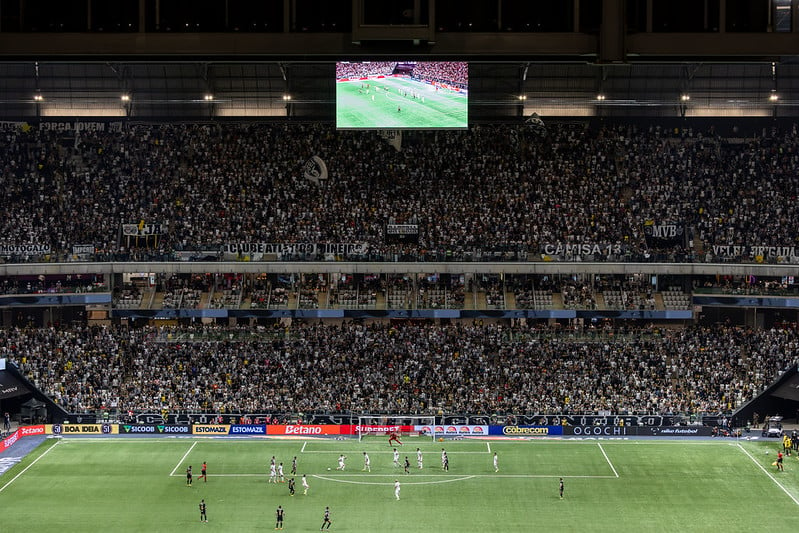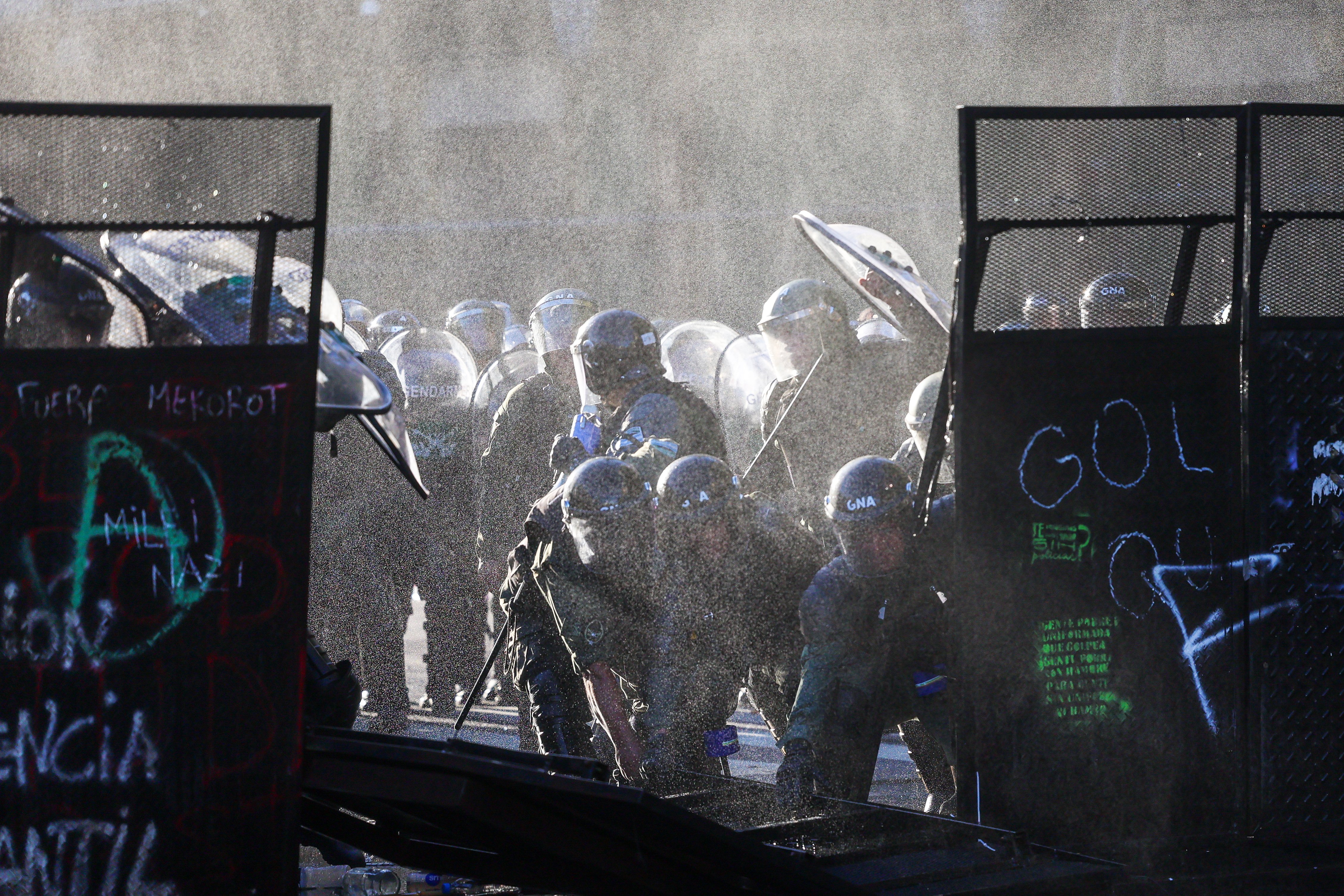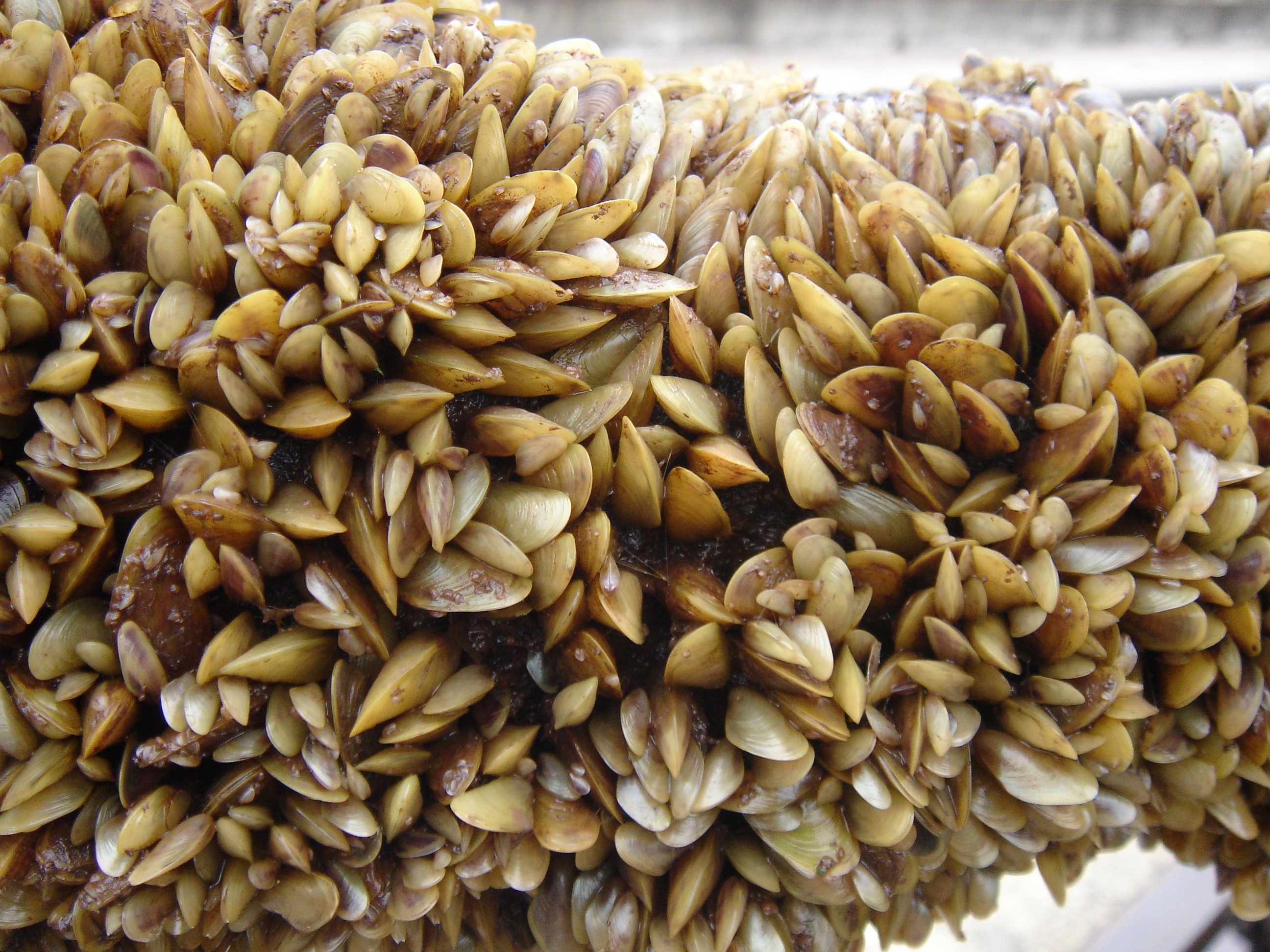Hello! Welcome to another edition of the Brazil Sports newsletter! If you have any questions about this newsletter, or topics you’d like to see covered in future issues, you can reach us at [email protected]
💡 Unlock exclusive insights!
Tired of noise and confusion about Brazil? Our paid subscription cuts through the disinformation, delivering precision-crafted insights trusted by embassies, foreign correspondents, and global consultants.
Get the real story – the analysis decision-makers rely on to understand Brazil's complex landscape.

Argentina, the opponent Brazil loves to hate

Supporters of Brazil and Argentina clashed in the stands during a World Cup qualifier in Rio de Janeiro in November 2023. Photo: Eduardo Anizelli/Folhapress
In front of a packed crowd at the Morumbi stadium, São Paulo FC and Argentina’s River Plate faced off in the semi-final second leg of the 2003 Copa Sulamericana, South America’s Europa League equivalent. Tension between both sets of players bubbled up during the match, as it became clear the tie would be decided on a penalty shootout.
When the final whistle went, a fight broke out on the pitch, resulting in four players receiving red cards — including São Paulo’s star striker Luis Fabiano, who would have been first in line to take a crucial penalty kick.
Marching off the field, TV reporters asked Luis Fabiano if he regretted his actions, which consisted of aiming a karate kick at one of his Argentine opponents, Oscar Ahumada.
“Between fighting and taking a penalty, I prefer joining in the fight,” he said. São Paulo lost the shootout 4-2.
The rivalry between Brazil and Argentina, reflected chiefly in international and club-level football, is among sport’s most famous. And the two countries will engage in the next installment of this bitter clash when their national teams face off on Tuesday for a World Cup qualifier in Buenos Aires.
But Brazil versus Argentina is something of a peculiar derby. Despite meetings between the two national teams or their clubs often resulting in hostility on and off the pitch, the two countries are largely civil to one another in other parts of life, and share no significant confrontational military history to speak of. Even with its virulence, the rivalry is predominantly a sporting one.
The origins of a football feud
The rivalry’s sporting basis can justifiably be charted back to the 1930s, when Brazil emerged as the third regional footballing power, challenging the traditional Rio de la Plata hegemony of Argentina and Uruguay.
Brazil took part in the 1934 and 1938 World Cups in Europe, and their technical quality and footballing style gained plaudits in the French and Italian sports press — while Argentina and Uruguay both stayed at home.
This period also coincided with the Brazilian government’s push to create a national identity, a process in which football — and the quest to be better than their neighbors — was given significant importance.
With Brazil and Argentina consolidating their positions as the two largest economic forces in the continent, sport gave them a credible outlet to compete against one another — as they continued cultivating political and commercial ties in the meantime.
However, once again, the needle that characterizes the rivalry until today can justifiably be put down to sporting factors, with the two nations’ schools of football thought veering in opposite directions in 1958.
During the 1940s and 1950s, Argentine football was defined by its creative, attractive and at times revolutionary playing style, embodied by River Plate’s highly successful La Máquina era of 1941-1947.
However, by the time the 1958 World Cup came around, Argentina’s generations of talent had dried up somewhat, and they suffered an embarrassing elimination at the hands of Czechoslovakia, losing 6-1 in the first round. Licking their wounds and seeing neighbors Brazil go on to win that tournament, Argentine football experienced a dramatic change in approach, favoring physicality above all else and looking to win at all costs — even if that meant breaking the rules.
For almost two decades, Argentina and its club sides treated matches against Brazil as wars, even prompting Brazilian teams to pull out of the Copa Libertadores in 1969 due to the violent tactics of Argentine opponents. These aggressive encounters in the 1960s and 1970s can be credited with creating the mythos surrounding the Brazil-Argentina rivalry today.
Brazil vs Argentina in the 21st century
While on-field confrontations between these two neighboring nations are now not nearly as violent as in previous generations, the aggression is now predominantly found off the pitch — whether that be in the stands, on the streets, or online.
The aftermath of a Brazil vs Argentina encounter, be it at international or club level, has become tragically predictable. The Brazilian press will show footage of Argentine fans racially abusing opposing players and supporters, while the Argentine media will show their travelling support being attacked by heavy-handed Brazilian police. Governing bodies on both sides release statements lamenting the incidents, and very little changes.
Argentine racism toward Brazilians, especially in a footballing context, is not a new phenomenon. An infamous front-page headline of sports daily Olé during the 1996 Olympics exclaimed “bring on the monkeys,” after Argentina qualified for the final against either Brazil or Nigeria.
Brazilians are not the only targets. A famous and reviled chant from the River Plate support says that, in the neighborhood of their bitter rivals Boca Juniors, “everyone who lives there is Bolivian, who s**t in the streets and wipe it with their hands.”
A chant that became popular ahead of Argentina’s World Cup final against France in 2022 contained a racist jibe on the African heritage of many of the French squad: “Their mothers are Nigerian, their fathers are Cameroonian, but on their passport [it says they’re] French.”
While Brazil itself remains a deeply racist society, the current generation has begun to reckon with that fact in a way that has never happened in Argentina. Indeed, the Argentine press and its footballing elites often treat racism in a footballing context as a bit of harmless ribbing — a view completely unacceptable in a majority black and mixed-race country such as Brazil, where racism is a crime punishable by law.
The more organized and horizontal anti-racist response from Brazilian fans, players and directors is growing year on year, and will be a subject of future issues of this Brazil Sports newsletter.
Looking ahead to Tuesday
Returning to Tuesday’s match, there is perhaps less riding on this particular encounter when compared to previous meetings. In the World Cup qualification standings, Argentina sit comfortably atop the South American pool, and the world champions will confirm their spot in the 2026 tournament sooner rather than later.
After a difficult spell in qualifying, Brazil are now in a more comfortable position, unbeaten in their last five matches, and the risks of a historic upset of the Seleção missing out on the World Cup are now close to zero.
Indeed, Tuesday’s match will be more notable for high-profile absences than anything else. After returning to the squad just weeks after his Brazil homecoming, Neymar has had to be cut due to fitness reasons. Lionel Messi will also miss out through a muscle injury, as will Argentina’s Inter Milan forward Lautaro Martínez. Brazil will be without the suspended Bruno Guimarães and Gabriel Magalhães, while Alisson and Gerson are both doubts after picking up injuries in Brazil’s tight 2-1 win over Colombia on Thursday night.
But whether it is at the national team-level with the eyes of the world watching, or in a second-tier continental competition, the rivalry always remains fierce, and there is always a chance of sparks flying.
Other stories we’re following
🏎️ In what was described as a “baptism of fire,” Brazil’s Gabriel Bortoleto did not finish his first Grand Prix as a full-time Formula 1 driver, abandoning the race late on in Australia after crashing. That said, the 20-year-old gave a good account of himself, and will be looking to improve in this weekend’s Chinese Grand Prix in Shanghai.
☑️ After former footballer Ronaldo withdrew from the race due to a lack of support, Ednaldo Rodrigues was unanimously re-elected as president of the Brazilian Football Confederation (CBF).
🎾 Despite briefly falling unwell during the third set, young Brazilian tennis ace João Fonseca progressed from the first round of the Miami Open and will face France’s Ugo Humbert in the round of 64 this weekend.









